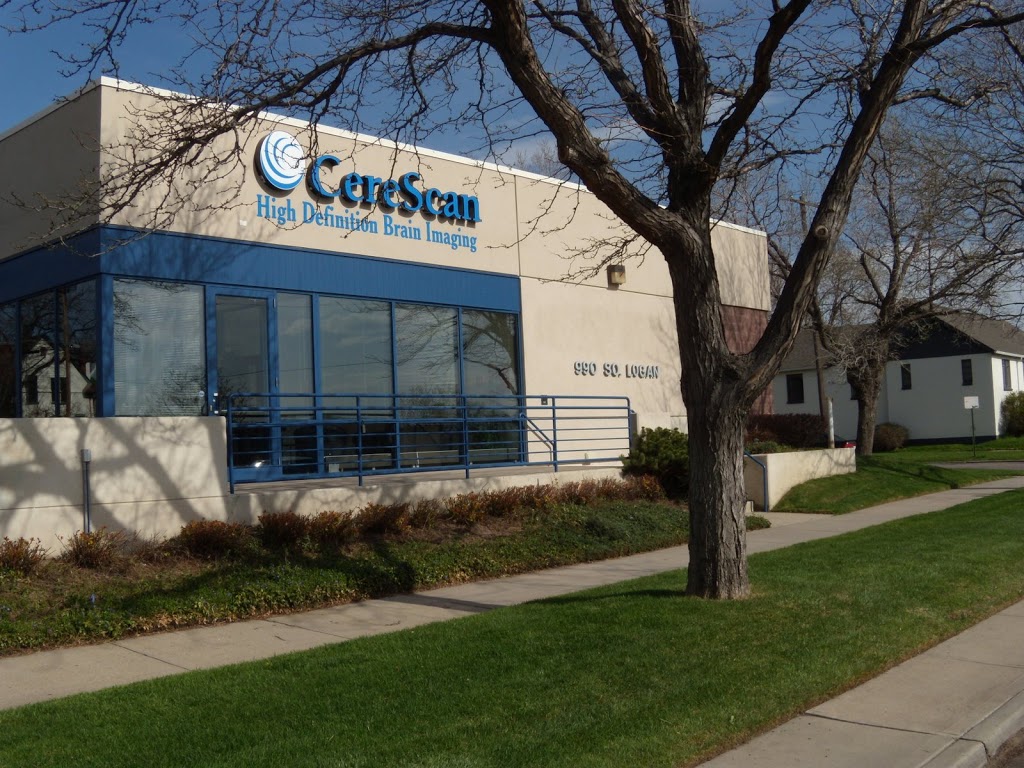The effects of Traumatic Brain Injury and mental illness are often devastating. These disorders not only make life difficult for the person afflicted, they also impact their family, friends and co-workers. The person with traumatic brain injury can experience memory loss, extreme personality changes and depression, among other behaviors. Before long they find they are not living the same quality of life they once were. In turn, their loved ones are living with a person quite unlike the person they have come to know and care about.
Unfortunately, these injuries are far too common among military veterans, who have suffered concussions while serving in theaters of war. The NFL and other sports organizations have also considered the impact of brain injury from frequent and repeated concussions. Children and young athletes are also susceptible to such injuries. CereScan is leading the way to finding proper treatment for these conditions.
 This week on Connect & Collaborate with ICOSA, we talk with John Kelley, Chairman and CEO of CereScan. CereScan is a Denver-based company using new technology to help doctors see the behavior and activity of the working mind, in real time. This technology helps to identify ADD/ADHD, Alzheimer’s disease, dementia; anxiety disorder; bipolar disorder; depression; OCD; Parkinson disease; toxic brain injury; and traumatic brain injury.
This week on Connect & Collaborate with ICOSA, we talk with John Kelley, Chairman and CEO of CereScan. CereScan is a Denver-based company using new technology to help doctors see the behavior and activity of the working mind, in real time. This technology helps to identify ADD/ADHD, Alzheimer’s disease, dementia; anxiety disorder; bipolar disorder; depression; OCD; Parkinson disease; toxic brain injury; and traumatic brain injury.
Unlike an MRI, which looks at the physical structure of the brain, and helps to diagnose injuries or tumors, SPECT (SPECT, according to the Mayo Clinic, is a “single-photon emission computerized tomography) measures the glucose being employed by brain cells, revealing 5-7 million data points, which provide a more detailed picture of brain injury. With that information, doctors are able to determine more effective treatment.
This hour is packed with information on treatment for brain injury and the likelihood of success. If you know someone suffering from Traumatic Brain Injury or mental illness, you won’t want to miss it.
Listen Saturday at 10:00 AM on KNUS 710 – Please let us know what you think of our program, either by commenting here or on Facebook at Connect & Collaborate with ICOSA or join the discussion on Twitter @ICOSAMagazine.


